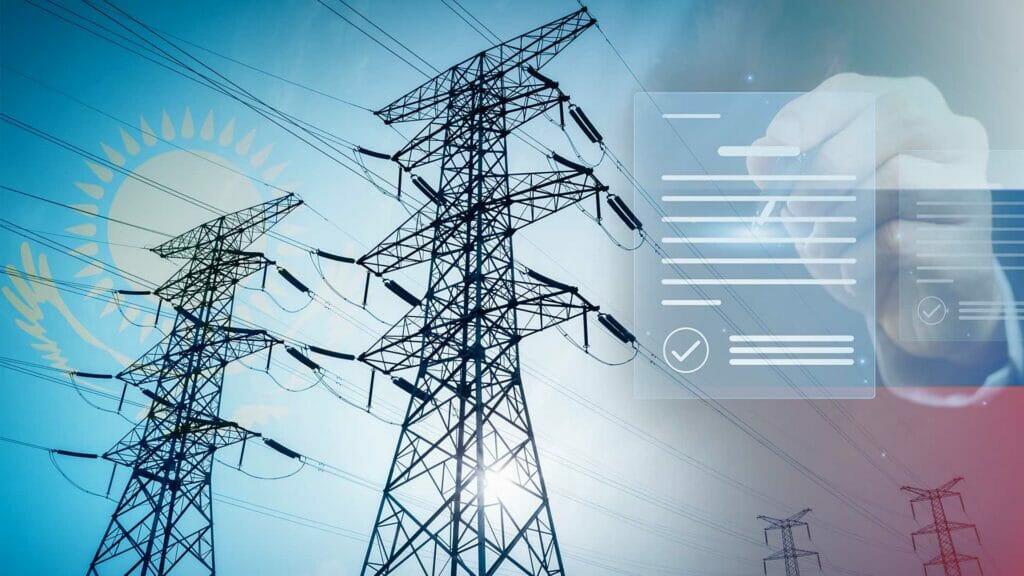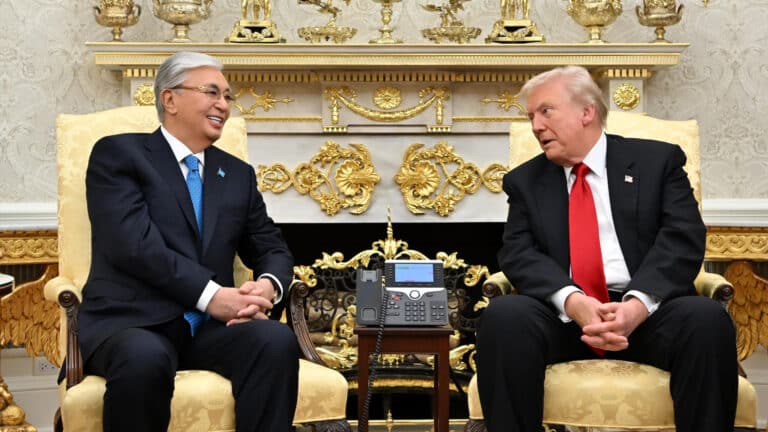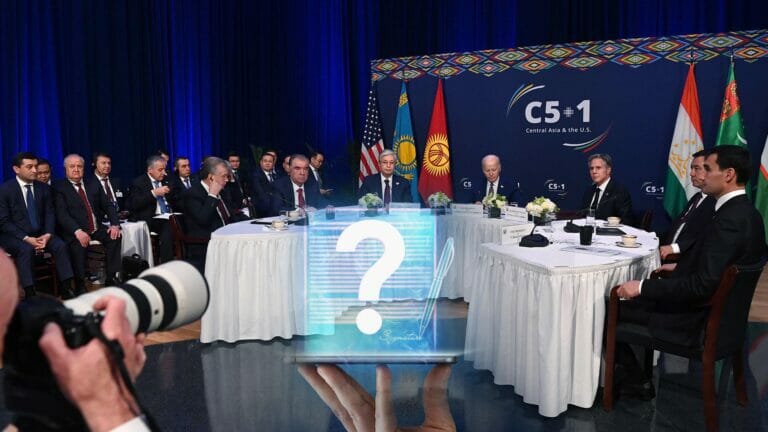
As the Ministry of Energy of Kazakhstan reported, it has received a letter from the Russian Ministry of Energy with a draft of an amended intergovernmental agreement on the parallel operation of the two countries’ unified energy systems (UES).
«The Ministry of Energy of the Russian Federation has sent a draft agreement between the government of the Republic of Kazakhstan and the government of the Russian Federation on measures to ensure parallel operation of the unified energy systems of the Republic of Kazakhstan and the Russian Federation with amendments and additions through the diplomatic channel,» the agency said in the draft agreement’s cover letter.
The amendments are aimed at regulating relations related to the purchase of Russian electricity by Kazakhstan to cover its imbalance in the energy system. Under the agreement, Kazakhstan and Russia will continue to coordinate tariffs and volumes of electricity planned to be transferred from Russia to Kazakhstan through its UES on an annual basis.
Purchase and sale of electricity to compensate for hourly deviations in the energy balance between the two countries will continue under direct contracts between KEGOC and Inter RAO. The Russian company is going to have a profitability rate of 0.5%. However, Inter RAO’s profitability rate will be at 2.5% during any deviations of the hourly mean from the schedule set by the dispatcher.
According to the amended draft agreement, the Financial Settlement Center of Renewable Energy (FSCRE) is going to be the entity responsible for purchasing electricity from Russia on behalf of Kazakhstan in order to compensate planned consumption of energy (the entity was formerly a subsidiary of KEGOC but is now controlled by the energy ministry). Since July 1, 2023, the FSCRE has been the sole buyer of electricity in Kazakhstan, although previously it bought energy from renewable energy sources only.
The document also suggests that the two sides continue consultations on commercial supplies of energy from Russia to Kazakhstan for the needs of digital miners. This would require forecasting the deficit of electricity in the energy system or its parts by KEGOC a month in advance.
During a press briefing on September 27, CEO of KEGOC Nabi Aitzhanov said that digital miners continue to buy the electricity they need in Russia.
«Those digital mining companies that have been operating in the market for a long time buy electricity from Russia. The Ministry of Energy and we have put some restrictions on them, which is why they do not affect the country’s power system,» he said highlighting that these digital miners do not receive electricity from Kazakhstani power plants.
However, miners can buy electricity from KOREM, the single buyer of electric energy in Kazakhstan, if there is a surplus of energy through the mechanism of quotas. Centralized trades in hourly volumes of electricity for miners are conducted using the method of increasing prices. According to KOREM, at the last auction, the quota for digital miners of the northern and southern zones amounted to 572,900 kilowatts per hour, while the demand was four million kilowatts per hour a day. In the western zone, these figures were the following: 248,300 kilowatts per hour vs. 116,100 kilowatts per hour, respectively.
Earlier this year, Nurzhan Kerimkulov, executive director of KEGOC told Kursiv that 17 Kazakhstani digital miners bought the electricity they needed from Russia at night.
«Concerning digital miners, roughly 17 entities import about 300 to 370 megawatts at night because the energy price in Russia is cheaper at night,» he said.
In December 2022, Chairman of the Board of KEGOC Kanysh Moldabaev revealed that those Kazakhstani miners, who operate officially, increased imports of Russian electricity from three million kilowatts per hour in May 2022 to 100 million in November last year. At the time, he talked about 13 digital mining companies that bought 100 million kilowatts per hour in Russia at $0.064 per kilowatt per hour.
According to the government of Kazakhstan, digital miners, whether they are «white» or «gray» have been the main reason for the deficit of energy in the country over the past few years. This deficit is estimated to be at 1 to 1.7 gigawatts and is usually compensated with imports from Russia.
This year, Kazakhstan still reports a deficit of energy, while the deficit usually decreases in summer and increases in winter. The country compensates for this seasonal shortage of electricity by imports from Russia.
«Deviations in capacity with Russia during the last cold season amounted to 1.5 gigawatts, while the limit in the northern zone is 120 megawatts. In May, the average deviation was about around 24 megawatts (above the limit of 120 megawatts); the amplitude was about 100 MW. This is over the diapason. We do not monitor deviations within the diapason,» Kerimkulov said.
When authorities are calculating the deficit or surplus in the energy system, various factors like the current consumption and available reserves are taken into account. In a desperate search for a solution, some digital miners have already installed gas-fired power plants.













